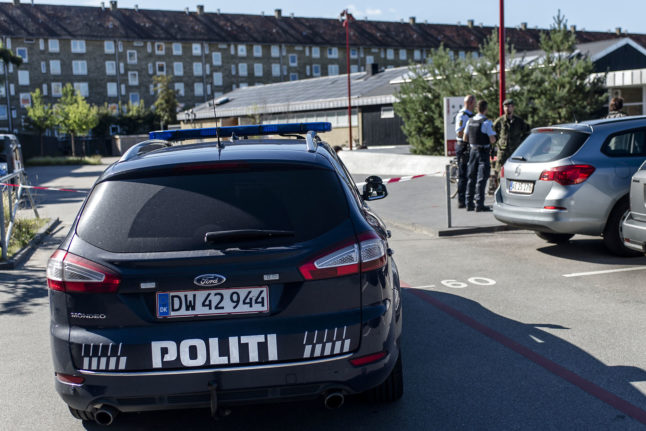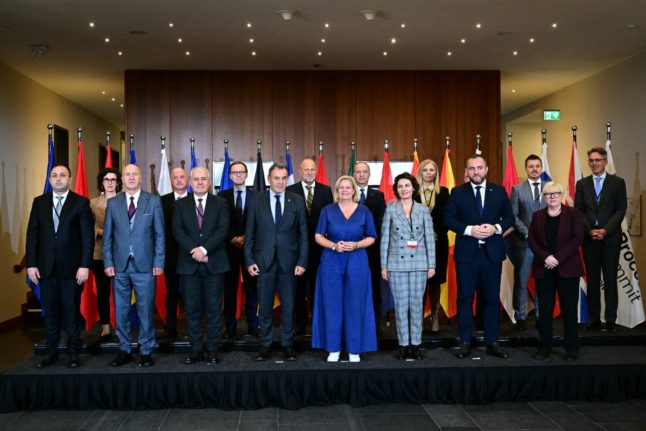The figures were shown by Minister of Foreign Affairs and Integration, Kaare Dybvad Bek to Danish parliament.
The legislation, which came into effect in February 2016, allows police to confiscate cash and valuables with a value above 10,000 kroner from arriving migrants and asylum seekers.
Under Ministry of Immigration guidelines, police are told not to take wedding rings or engagement rings and individual officers are left to determine the sentimental value of other items.
According to the police figures, there have been between 0 to 5 jewellery law cases a year, from 5th February 2016 to 30th May 2022. For example the law hasn’t been used this year or in 2019 but in 2021, the law was used five times, involving nationals of Iran, Eritrea, Sri Lanka and Afghanistan.
However it is not clear what has been taken in each case; whether the item was jewellery or what the value was.
Controversy
At the time of its introduction, the law, which was passed by a large parliamentary majority, received criticism from international human rights groups including US-based rights watchdog Human Rights Watch (HRW).
“Does a rich country like Denmark really need to strip the very assets of these desperate asylum seekers before providing them basic services?” HRW’s executive director Kenneth Roth said in January 2016.
Disapproval could also be found in international media, including in a New York Times editorial and a cartoon published by British paper The Independent, which depicted the Little Mermaid flush with cash and jewellery confiscated from refugees.
Technically the law could have applied to Ukrainians who have come to Denmark as refugees, to escape Russian invasion of their country but Danish parliament decided the law should not apply to Ukrainians.



 Please whitelist us to continue reading.
Please whitelist us to continue reading.
Member comments